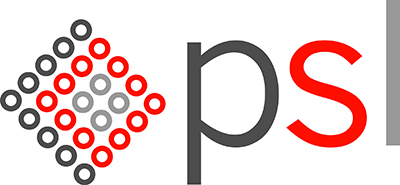Today drug discoveries are leading to more effective potent drugs, which also require greater worker protection. Powder Systems Ltd (PSL) supported Helsinn Advanced Synthesis set up such a facility for producing cytotoxics.
Helsinn Advanced Synthesis (HAS), located in Biasca, Switzerland, is the chemical manufacturing business unit of the Helsinn Group. To meet the demand for anticancer molecules HAS opened a new cytotoxic facility this year. The plant comprises R&D and QC laboratories, a small-scale GMP area for the production of reduced quantities of cytotoxic active pharmaceutical ingredients (APIs) and two larger production areas for the production of cytotoxic product at commercial scale.
The facility is exclusively dedicated to the development, analysis and manufacturing of clinical and commercial cytotoxic APIs. It has a 3b category with an Occupational Exposure Level (OEL) of less than 50ng/m3 for the protection of the operator, environment and product when handling cytotoxic compounds (see Figure 1).

